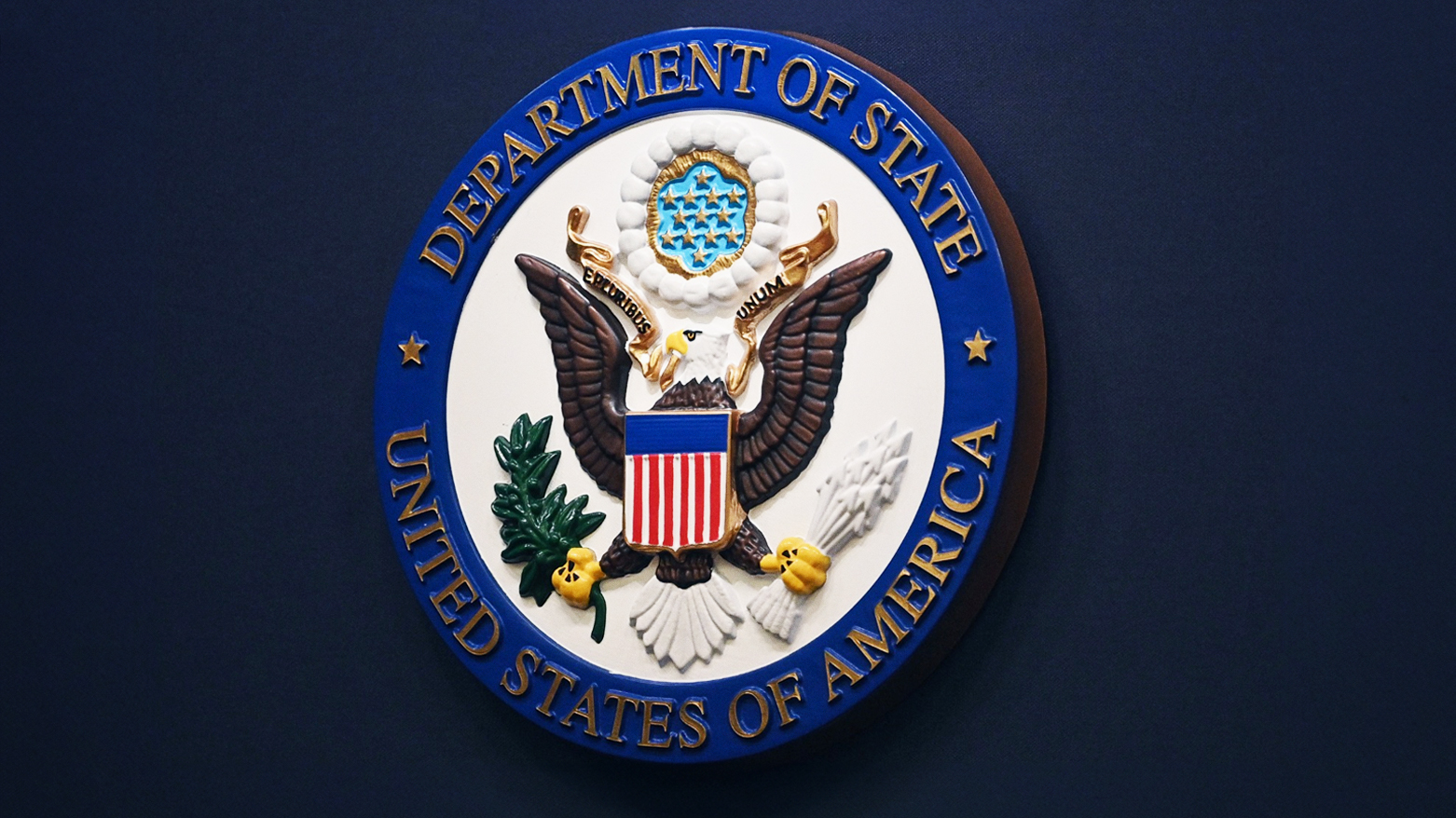Kurdistan Regional Government increases efforts to combat human trafficking: 2024 U.S. Report
The 2024 Trafficking in Persons Report highlights the Kurdistan Regional Government's significant progress in combating human trafficking, acknowledging the increased efforts in law enforcement, victim identification, and legislative advancements.

ERBIL (Kurdistan24) – In the recently released “2024 Trafficking in Persons Report by the U.S. Department of State”, the Kurdistan Regional Government (KRG) has been recognized for its significant strides in combating human trafficking within the Kurdistan Region.
As a result of the continued KRG efforts, as well as improved Iraqi government procedures, to battle the human trafficking, the US report has elevated KRG and Iraq’s status from Tier 3 to Tier 2.
The report underscores the Kurdistan Region's ongoing efforts and highlights areas needing improvement to meet international standards.
Increased Law Enforcement and Victim Identification
For the first time in five years, the KRG reported detailed law enforcement data, marking a pivotal step in transparency and accountability.
In 2023, the KRG investigated 18 alleged trafficking cases, including 12 for sex trafficking and six for forced labor. Although no new prosecutions were initiated, the KRG continued ongoing prosecutions from previous years, resulting in eight convictions.
Notably, the KRG identified 121 trafficking victims, a significant increase compared to previous years, including 40 adult female sex trafficking victims, 11 child sex trafficking victims, and 70 labor trafficking victims.
New Shelters and Specialized Units
The KRG made notable progress in victim protection by opening new shelters and establishing specialized anti-trafficking police units.
The KRG maintained anti-trafficking police units in all four governorates and two independent administrations in the IKR, with a newly established unit in Soran becoming fully operational.
Legal and Regulatory Advancements
The KRG's legislative advancements include drafting and enacting implementing regulations for the 2012 anti-trafficking law, detailing the roles and responsibilities of relevant ministries.
These steps are crucial for the law's full implementation, which the IKR's regional parliament approved in 2018.
Furthermore, the KRG's Ministry of Labor and Social Affairs (MOLSA) restarted labor inspection units focusing on foreign workers, appointing 16 new inspectors and coordinating with NGOs for specialized training.
Comparative Analysis: Regional Efforts against Trafficking
Comparatively, the report highlights severe human trafficking issues in Syria and Iran, both of which remain on Tier 3 due to their failure to meet minimum standards for the elimination of trafficking.
In Syria, the government continues to exploit its nationals in forced labor through compulsory military service and has not taken significant steps to address child soldier recruitment.
Iran faces similar issues, with government officials perpetrating and condoning trafficking crimes with impunity and using child soldiers to suppress political protests.
In contrast, Türkiye, like the KRG, is making significant efforts and remains on Tier 2.
Türkiye has increased its efforts by convicting more traffickers, identifying more victims, and enhancing protection services. However, challenges remain, such as inadequate victim-witness assistance and limited consultation with local NGOs.
Ambassador-at-Large Cindy Dyer's Insights
U.S. Ambassador-at-Large to Monitor and Combat Trafficking in Persons, Cindy Dyer, emphasized troubling trends in global trafficking.
She highlighted the coercive recruitment of fighters for Russia’s invasion of Ukraine, involving foreign nationals from Central and South Asia, Cuba, and Syria.
“Russian authorities, middlemen, private military companies, or Russian-affiliated forces reportedly used coercion, deception, and in some cases, force in the recruitment of foreign nationals, particularly Central and South Asian migrants, as well as citizens from Cuba and Syria to fight in Russia’s war of aggression against Ukraine,” she said during the Department of State press briefing.
This underscores the complex and varied nature of trafficking issues worldwide, illustrating the importance of targeted regional and international efforts.
Challenges and Areas for Improvement
Despite these advancements, the report identifies several areas where the KRG needs to enhance its efforts.
The KRG's shelters have limited capacity, and the requirement for victims to obtain court orders to leave shelters significantly restricts their movement and access to services.
Recommendations
The report provides prioritized recommendations for the KRG to further its anti-trafficking efforts.
These include allowing authorities other than investigative judges to formally identify and refer potential trafficking victims to care, ensuring victims are not penalized for unlawful acts committed as a direct result of being trafficked, and increasing efforts to investigate and prosecute trafficking crimes.
The 2024 Trafficking in Persons Report highlights the Kurdistan Regional Government's significant progress in combating human trafficking, acknowledging the increased efforts in law enforcement, victim identification, and legislative advancements.
However, it also underscores the need for continued improvements, particularly in addressing official complicity and enhancing victim protection services.
The KRG's commitment to these recommendations will be crucial in its ongoing fight against human trafficking in the Kurdistan Region of Iraq.